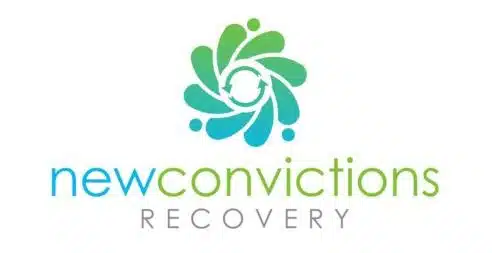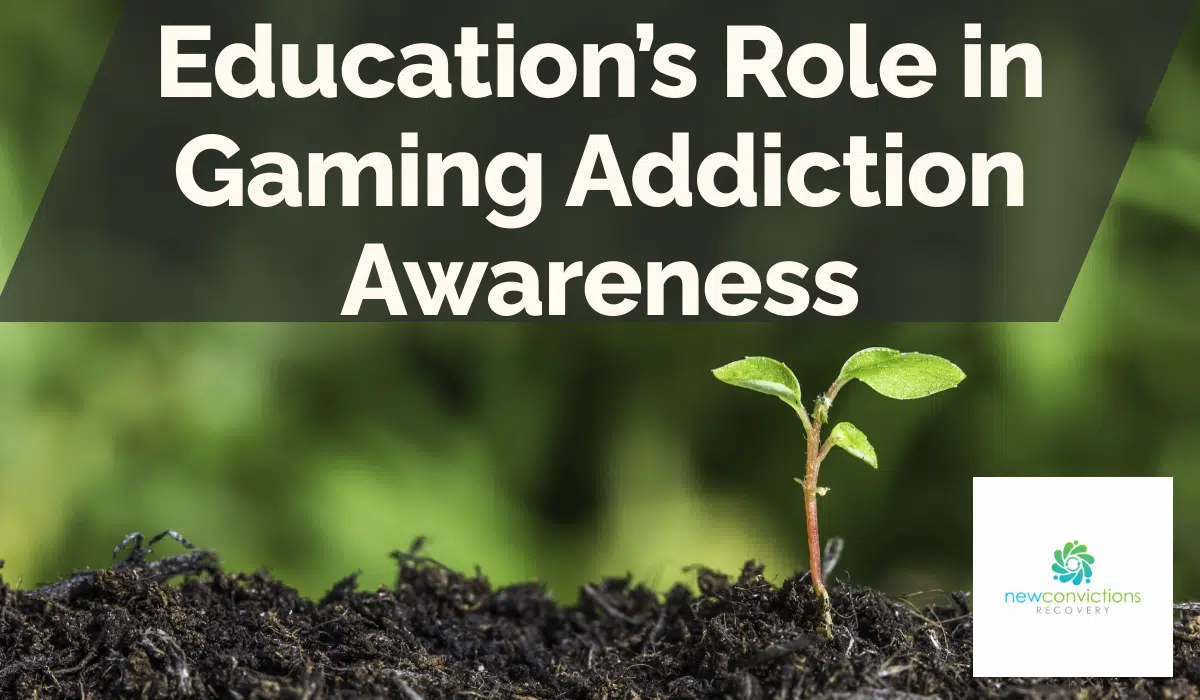Video game addiction is a growing global problem that often goes unrecognized and untreated. Societal norms tend to view excessive gaming as simply a bad habit, yet scientific research suggests that it represents a genuine behavioral addiction. In response, education plays a pivotal role in raising awareness and instigating preventative measures. Within this context, the focus is specifically on individual counseling and family therapy.
The Prevalence of Gaming Addiction
Studies estimate that around 1-10% of gamers show signs of addictive behavior, leading to significant social, academic, or work-related problems. Gaming addiction does not discriminate, impacting both youth and adults, and extending across all social and economic strata. However, the stigma attached to gaming addiction often prevents victims from seeking help.
Education as an Awareness and Prevention Tool
Education is an indispensable weapon against gaming addiction. With the right information, people can identify potential addiction signs, enabling early intervention. Teaching gamers about the risks and consequences of excessive gaming can also motivate them to self-regulate their gaming behavior.
- Individual Education: Individual counseling sessions can be used to educate individuals about gaming addiction. Trained professionals can address gamers’ specific situations, identifying potential triggers and coping mechanisms.
- Parental Education: Informing parents about the potential risks and signs of gaming addiction is imperative. This empowers them to intervene should their child develop a gaming addiction.
Role of Family Therapy in Gaming Addiction
Family therapy plays a critical role in addressing gaming addiction. Through family therapy, family members can understand the impact of their behavior on the addicted individual and learn how to provide effective support. Furthermore, it brings an opportunity to mend any familial relationships strained due to the addiction.
How can family therapy help in gaming addiction?
Family therapy helps address underlying issues leading to addiction and fosters healthier communication. It also offers family members strategies to support the individual during recovery, cultivates understanding about addiction and ways to promote healthy gaming habits within the family unit.
FAQs About Gaming Addiction
- What is gaming addiction?Gaming addiction is a pattern of excessive and compulsive use of video games, causing significant social, academic, or occupational interference.
- What are the signs of gaming addiction?Signs of gaming addiction include loss of control over gaming, prioritizing gaming over other activities, continued gaming despite negative consequences, and exhibiting withdrawal symptoms when gaming is taken away.
- Why is education important in addressing gaming addiction?Education promotes understanding about the risks, signs, and consequences of gaming addiction and provides strategies for prevention and recovery.
Conclusion
In the era of the digital world, gaming addiction can pose a severe risk if left unchecked. It’s crucial to use channels of education and awareness to combat this issue. With the appropriate understanding and support, gaming addiction can be addressed effectively through individual counseling and family therapy, paving the way for healthier gaming habits.

